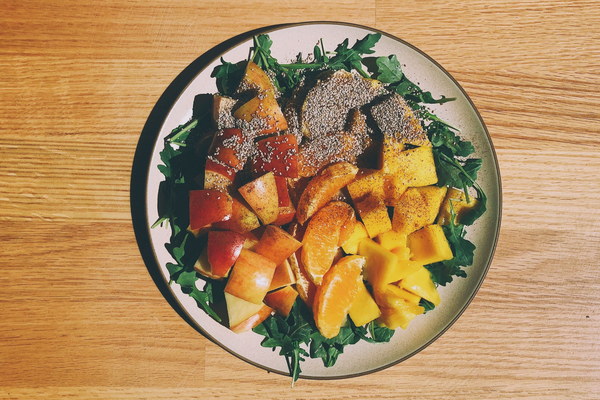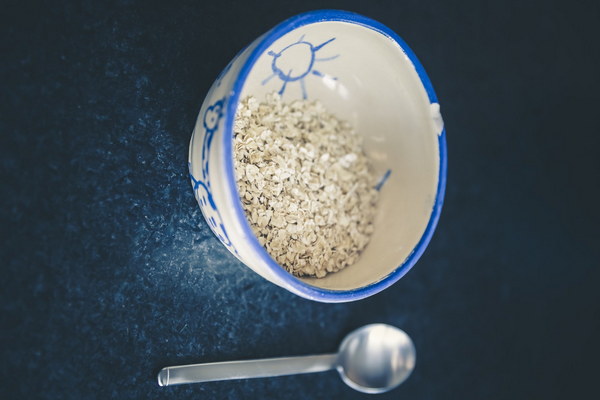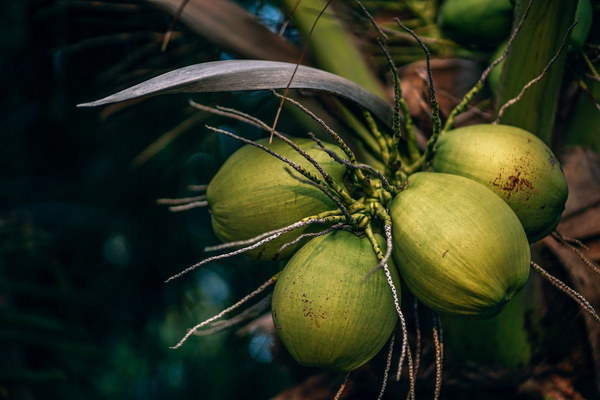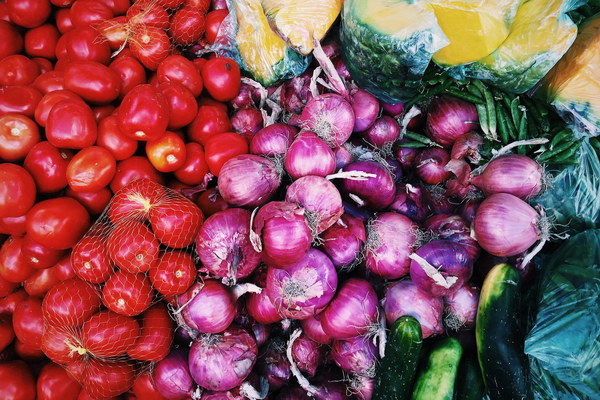Embracing Health The Benefits of Herbal Remedies for Early Pregnancy
Embarking on the journey of pregnancy is an exciting time for expectant mothers. However, the early stages of pregnancy can bring about various challenges, including discomfort and health concerns. One of the most common concerns is the presence of dampness or 'dampness' in the body, which can lead to symptoms such as fatigue, bloating, and water retention. In this article, we will explore the benefits of drinking herbal remedies to alleviate dampness during the first trimester of pregnancy.
Understanding Dampness in Early Pregnancy
During the early stages of pregnancy, the body undergoes significant hormonal changes, which can disrupt the balance of Yin and Yang energies, leading to dampness. This imbalance can manifest as various symptoms, such as:
1. Fatigue and weakness
2. Bloating and water retention
3. Dull aches and discomfort

4. Disrupted sleep patterns
5. Digestive issues
Herbal Remedies for Alleviating Dampness
To address the issue of dampness during early pregnancy, many women turn to herbal remedies. These natural solutions are believed to help balance the body's Yin and Yang energies, alleviating symptoms and promoting overall well-being. Here are some commonly used herbs:
1. Chrysanthemum (Chrysanthemum morifolium): Chrysanthemum is a popular herb known for its cooling properties, which help alleviate heat and dampness in the body. It can be consumed as a tea or added to soups.
2. Peony (Paeonia lactiflora): Peony is an herb that helps balance the body's fluids, making it an excellent choice for addressing dampness. It is often used in combination with other herbs for maximum benefit.
3. Astragalus (Astragalus membranaceus): Astragalus is a powerful adaptogen that supports the immune system and helps to expel dampness from the body. It can be taken in the form of a tea or capsule.
4. Ginger (Zingiber officinale): Ginger is a warming herb that helps to improve digestion, reduce bloating, and alleviate discomfort. It can be consumed as a tea or added to various dishes.
5. Cinnamon (Cinnamomum cassia): Cinnamon is a spice that has warming properties and can help to expel dampness from the body. It can be used in tea, as a spice in cooking, or taken in capsule form.
Precautions and Safety
While herbal remedies can be beneficial for addressing dampness during early pregnancy, it is essential to consult with a healthcare professional before incorporating them into your routine. Some herbs may not be suitable for pregnant women or can interact with certain medications. Here are some important considerations:
1. Always consult with a healthcare provider before starting any new herbal remedies.
2. Use high-quality, organic herbs to minimize exposure to harmful chemicals.
3. Avoid herbs that may cause uterine contractions or have abortifacient properties.
4. Be aware of potential interactions with other medications or supplements you may be taking.
Conclusion
Drinking herbal remedies to alleviate dampness during early pregnancy can provide significant benefits for expectant mothers. By balancing the body's Yin and Yang energies, these natural solutions can help alleviate symptoms, promote overall well-being, and support a healthy pregnancy. However, it is crucial to consult with a healthcare professional before starting any new herbal remedies to ensure safety and effectiveness.









